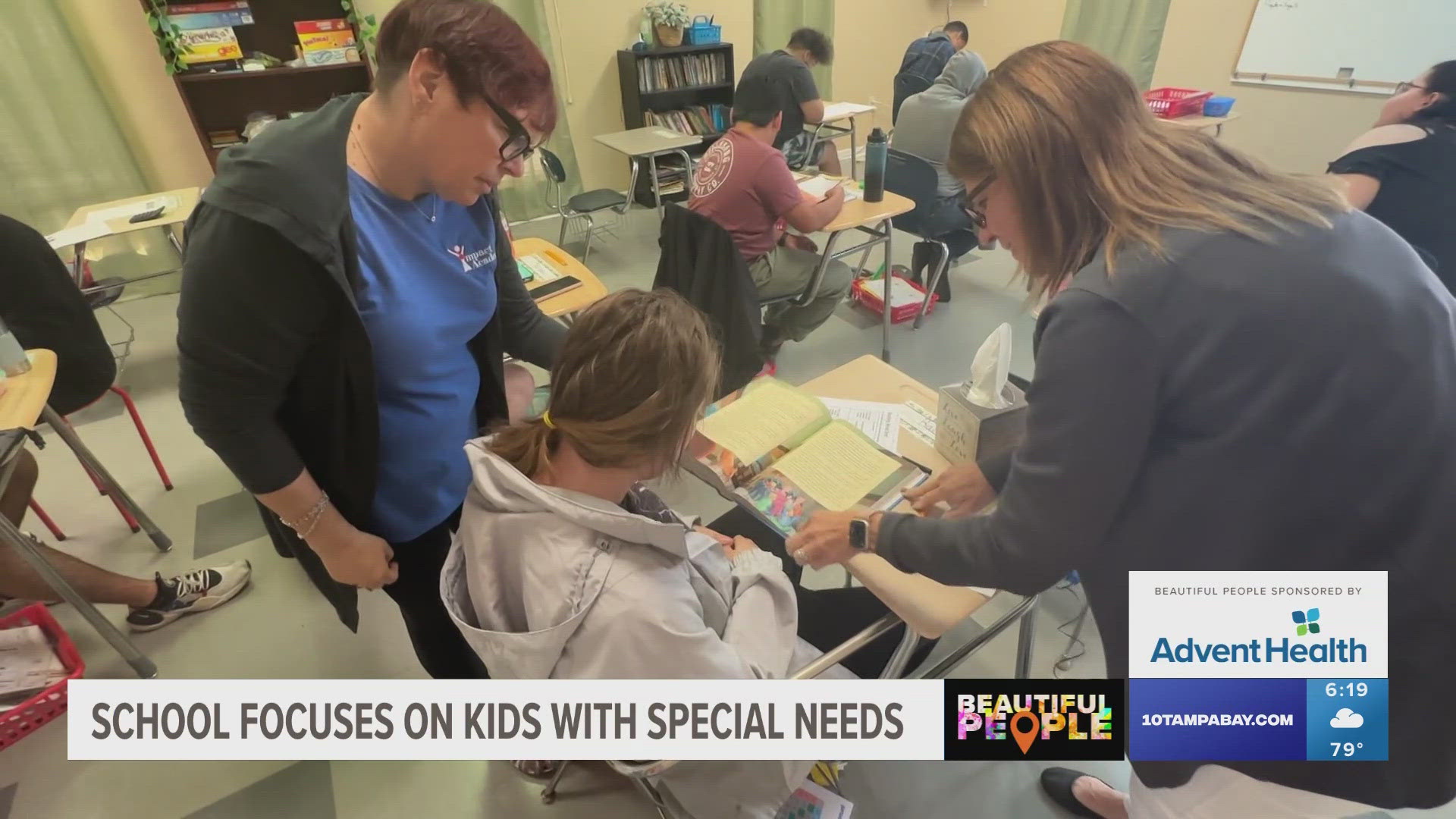ST. PETERSBURG, Fla. — These days, people aren't really shaking hands or sharing any other sort of close personal greeting, and if Dr. Anthony Fauci had his way, this would become the new norm.
On Tuesday, the director of the National Institute of Allergy and Infectious Diseases said on a Wall Street Journal podcast that he doesn't think Americans should ever shake hands again. But on Thursday, he seemed to walk that statement back a bit.
Dr. Fauci told CBS This Morning host, Tony Dokoupil that his comments were more tongue-in-cheek, but there was still a certain amount of reality to what he said.
"What I really meant is that we really now need to be aware that respiratory infections are clearly spread not only by droplets, but by people touching their face, shaking hands," Dr. Fauci said. "That's the reason why we talk about washing hands so often. I don't think in reality that we're going to all of a sudden never again shake hands. But I think I threw that out there to get people to start thinking much more about personal hygiene and in the way that impacts the spread of a really deadly infection like we're going through right now."
It may not be a bad idea to re-think some of our close interactions with people, but picturing an America without handshakes seems odd.
But have you ever wondered why we use a handshake in the first place?
Many historians trace the handshake back thousands of years when it was used as a sign of peace. People would extend their empty hand to show someone else they were not holding a weapon. Some even believe the up and down motion of the handshake was meant to dislodge anything that might be hidden up a person's sleeve.
So when did the hand gesture morph into what we know it as today?
Historians believe the handshake's popularity in America was propelled by the Quakers in the 1700s, who saw the handshake as a more egalitarian greeting than a bow or a curtsy which at the time were used to greet someone of a higher social rank than you.
The greeting became more and more commonplace over the years, and by the 1800s etiquette manuals had guidelines for the proper handshake technique.
Fast forward to the early 1900s when medical studies started finding that our hands carry bacteria, and a handshake could transfer that bacteria to someone else.
So, will the coronavirus pandemic be the end of the handshake as we know it? It's probably still too early to tell, but this pandemic will at the very least have many of us thinking about it a little bit more.
RELATED: COVID-19 survivor donates plasma to help other patients
What other people are reading right now:
- Florida launches new website to file for unemployment during coronavirus pandemic
- Have these legal documents prepared during COVID-19 pandemic
- Wiped out of toilet paper? Here's why
- NBA claims players will receive full checks on April 15
- When will your federal stimulus check arrive?
- Hotlines, websites offer the latest on COVID-19



